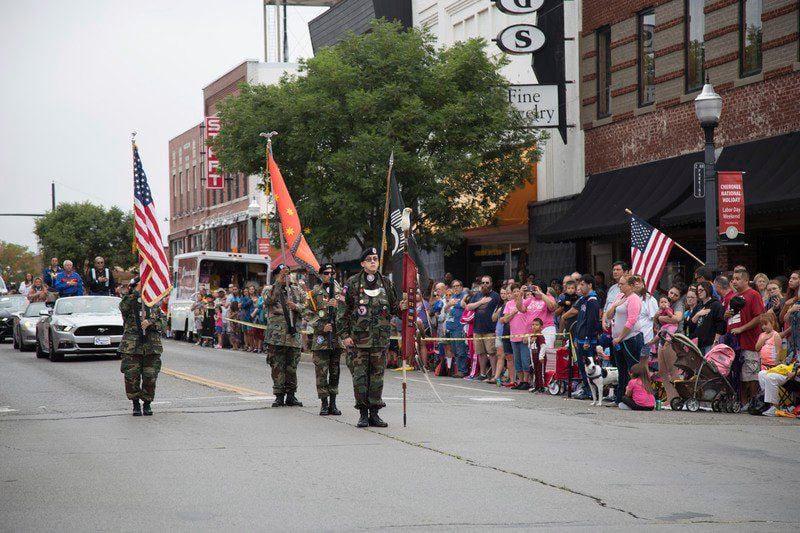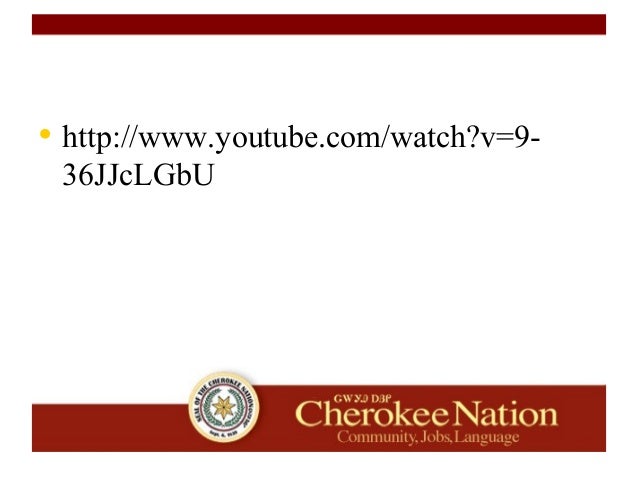

There are 33 tribes in Oklahoma that offer tags to members, typically at a lower rate than what other Oklahomans pay to tag their cars, with 30 tribes doing so without a state compact.ĭPS estimates there are as many as 570,146 vehicles on Oklahoma roads with car tags issued by non-compacting tribes. Same thing with the Absentee Shawnee tribe.” “What they’re telling their citizens is if you live within the geographical boundary of the state of Oklahoma, we’ll issue you a tag and you can use it. “They’re a non-compacting tribe,” Tim Tipton, commissioner of the Oklahoma Department of Public Safety (DPS), told lawmakers. The Muscogee (Creek) Nation, for example, offers tribal tags to any member of its tribe living anywhere in Oklahoma. In theory, non-compacting tribes may issue tribal tags only to members of the tribe who live on tribal allotment land or live within the historic reservation area of the issuing tribe. Some other tribes issue their tags through a compacting tribe. There were 132,192 tribal tags issued to individuals in those three tribes in 2022. Under those three compacts, individuals living anywhere in Oklahoma can obtain a tribal tag, not just those living on historic tribal reservation land. The Choctaw and Chickasaw issue their licenses through state tag agencies, but the Cherokee have their own, in-house tag division. The Cherokee, Choctaw, and Chickasaw have state compacts regarding tribal licenses. Only three tribes have compacts with the state of Oklahoma authorizing tribal car tags, and only two of those tribes run that process through a local state tag office. The situation is due, in part, to flaws in existing state-tribal compacts on tribal tags and the lack of enforcement mechanisms.
#Cherokee nation tag office late fees drivers#
In just two months, drivers with tribal tags accounted for a huge number of unpaid tolls.ĭrivers with Cherokee Nation tags accrued more than $1.5 million in unpaid tolls from May 15 to July 18.Ĭars with Muscogee (Creek) Nation tags accrued $675,167 in unpaid tolls during those two months.Ī single vehicle with a Muscogee (Creek) Nation tag failed to make $687 in toll payments during that time, while an individual with a Cherokee Nation tag failed to pay $670 in tolls over those two months.īased on April 2023 data, Echelle said the Oklahoma Turnpike Authority estimates that drivers with tribal tags will evade payment of more than $10.8 million in turnpike fees per year. Since May 15 the agency has been tracking unregistered tags on the turnpike system. “We’ve realized just in the last year, really, that this issue was going to be a big one for us,” Echelle said.

In fact, many are driving with illegal tags. While that system has reduced car accidents at toll booths, it has also allowed many drivers with tribal tags to evade payment because information on registered owners of vehicles with tribal tags is not provided by tribes to the state.

Drivers that do not have a Pikepass are individually billed turnpike fees. Under that system, Echelle said that “people driving with a tribal plate or other unregistered plate, if they didn’t have a Pikepass they pulled over and paid cash to a toll collector or put it in a coin machine.”īut the state’s turnpikes are now transitioning to an electronic “plate pay” system that monitors car tags electronically. “This is not going to go away,” Joe Echelle, deputy director of the Oklahoma Turnpike Authority, told lawmakers.įor years, the tribal tag issue was not a problem for state turnpikes because the system included toll attendants or lanes for drivers to pay in cash. Prior to the veto override, officials with the Oklahoma Department of Public Safety and the Oklahoma Turnpike Authority met with lawmakers to notify them that tribal car tags, many of which are not registered with state officials, are creating both public-safety problems and financial challenges for the state. When lawmakers did so, they locked in place a system that is allowing drivers with tribal car tags to evade paying tolls on state turnpikes, a practice that is expected to cost the state millions of dollars and increase the fees imposed on all other, non-Indian drivers. Kevin Stitt’s veto of legislation authorizing a one-year compact with tribal governments that allows the issuance of tribal vehicle tags. This week, members of the Oklahoma Legislature overrode Gov.


 0 kommentar(er)
0 kommentar(er)
